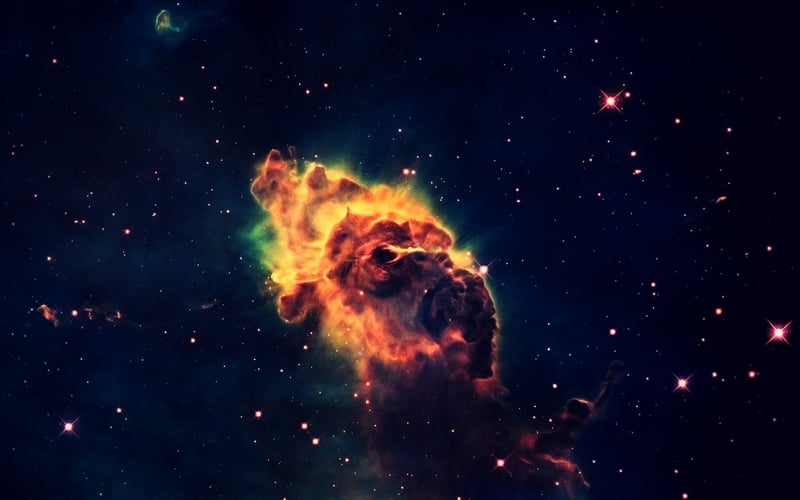Temporal Distortion
Understanding Time in Space and Temporal Distortion
Space, the final frontier, has always captured the human imagination. But exploring space isn't just about discovering new worlds or celestial bodies. It also involves understanding the fundamental concepts of time and how they are perceived in the vast emptiness of the cosmos.
The Concept of Time in Space
Time in space is a complex and fascinating subject. According to Einstein's theory of relativity, time is not a constant but can vary depending on the speed and gravitational pull of objects. This means that time can be experienced differently for observers in different parts of the universe.
Temporal Distortion
One of the most intriguing phenomena related to time in space is temporal distortion. Temporal distortion occurs when the perception of time is altered due to factors such as high speeds or intense gravitational fields.
Time Dilation
Time dilation is a significant aspect of temporal distortion. It refers to the phenomenon where time appears to move slower for objects moving at high speeds or in strong gravitational fields compared to those at rest. This effect has been proven through experiments involving atomic clocks on fast-moving airplanes and satellites.
Gravitational Time Dilation
Gravitational time dilation, another form of temporal distortion, occurs due to variations in gravitational fields. Clocks closer to massive objects like planets or stars run slower than clocks in weaker gravitational fields. This difference in the passage of time has practical implications for space travel and the functioning of GPS systems.
Implications and Applications
The understanding of time in space and temporal distortion has profound implications for our exploration of the universe. It challenges our traditional notions of time and opens up possibilities for time travel concepts in science fiction.
Conclusion
As we continue to delve deeper into the mysteries of space, our understanding of time will undoubtedly evolve. Temporal distortion remains a captivating area of study that pushes the boundaries of our knowledge and imagination.

For more information on this topic, you can visit NASA's website.
